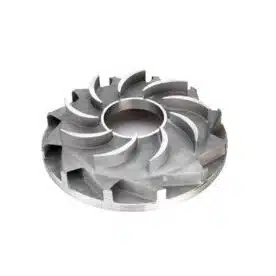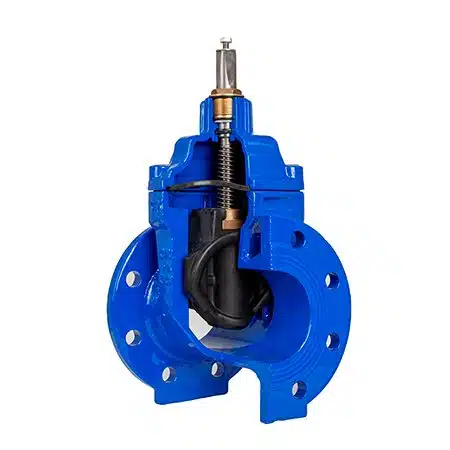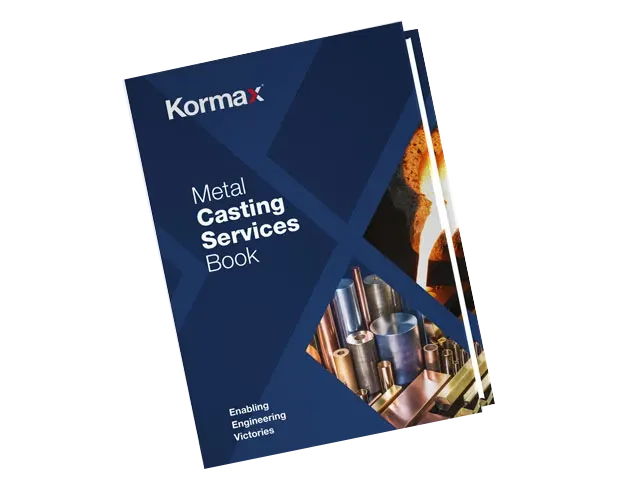Valve components are crucial for the proper functioning and reliability of valves. However, they can experience various failures that impact their performance. In this blog post, we will explore common failures of valve components and discuss strategies to avoid them.:
- Corrosion:
Corrosion can lead to the degradation of valve components, reducing their lifespan and performance. To prevent corrosion, select corrosion-resistant materials suitable for the operating environment, apply appropriate protective coatings or linings, implement effective corrosion control measures (such as cathodic protection or inhibitors), and perform regular inspections and maintenance to identify and address potential corrosion issues promptly. - Erosion and Cavitation:
In applications where high-velocity fluid flows occur, erosion and cavitation can cause damage to valve components. To mitigate these issues, select valve materials with excellent erosion and cavitation resistance, utilize flow control measures (such as throttling or flow restrictors) to reduce fluid velocities, and consider implementing flow modifiers or anti-cavitation devices to minimize the impact of erosive or cavitation forces. - Mechanical Wear:
Valve components can experience mechanical wear due to repeated operation, friction, and contact with abrasive media. To minimize wear, select materials with good wear resistance, apply suitable surface treatments or coatings (such as hard chrome plating or ceramic coatings), ensure proper lubrication where applicable, and monitor wear patterns regularly to identify signs of excessive wear and take corrective actions promptly. - Actuator or Control System Failure:
Valve components that rely on actuators or control systems may experience failures in the actuation mechanism, sensors, or control units. To avoid these failures, follow proper maintenance and inspection schedules for actuators and control systems, monitor performance parameters, calibrate sensors regularly, and address any malfunctioning or deteriorating components promptly. - Improper Material Selection:
Selecting the wrong material for valve components can lead to compatibility issues, reduced performance, and premature failure. Ensure thorough understanding of the application requirements, including fluid characteristics, temperature, pressure, and chemical compatibility, and consult with material experts to select appropriate materials that offer the necessary mechanical strength, corrosion resistance, and other required properties.
Regular inspection, preventive maintenance, adherence to manufacturer guidelines, and timely replacement of worn-out components are crucial in avoiding failures and ensuring the long-term reliability of valve components. Additionally, implementing proper operational and maintenance procedures, such as regular system checks, lubrication, and cleaning, will contribute to the overall performance and longevity of valve components.
Kormax’s expert team has over 75 years of experience in casting and metallurgy and can help you prevent valve failures with value added services, such as CAD Design. Finite Element Analysis (FEA), Computational Fluid Dynamics (CFD), Defect Analysis, and Material Selection. Contact our experts today to discuss your project’s specific requirements.

Impeller


